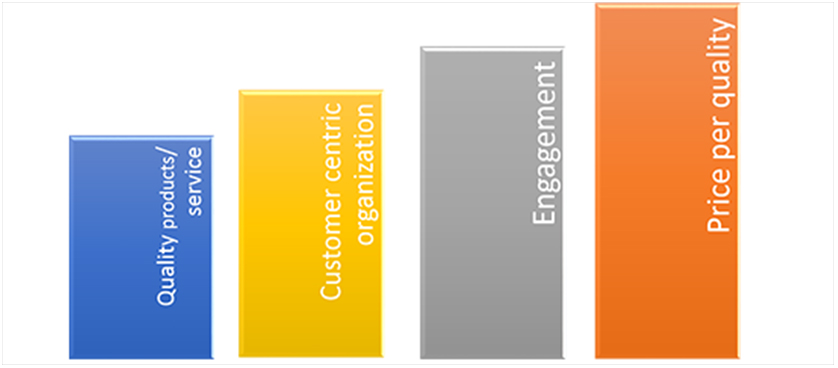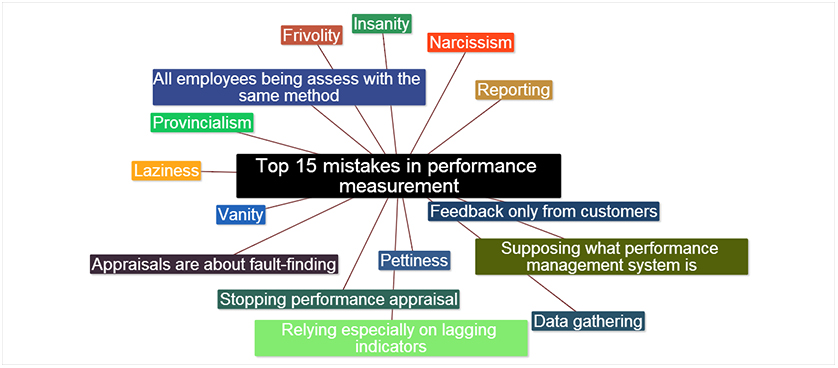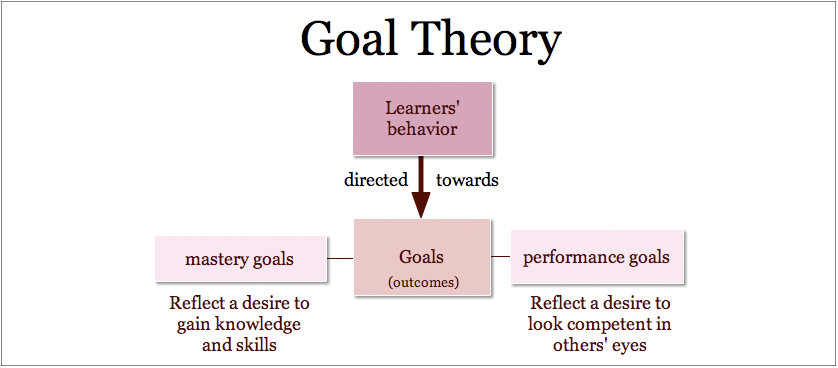Why is customer satisfaction important?
How can we grow our business? What will bring us more success? What is the main driver for favorable results? These are some questions that managers are addressing themselves and whose answers should focus on one essential indicator: keeping customers satisfied.





